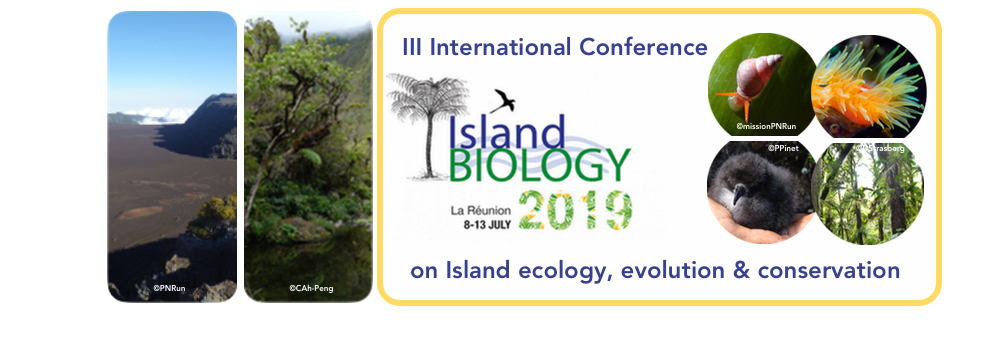
|
|
|
Main menu
HELP
|
|
| Online user: 2 | RSS Feed |

|

|
|
|
Main menu
HELP
|
|
| Online user: 2 | RSS Feed |

|
